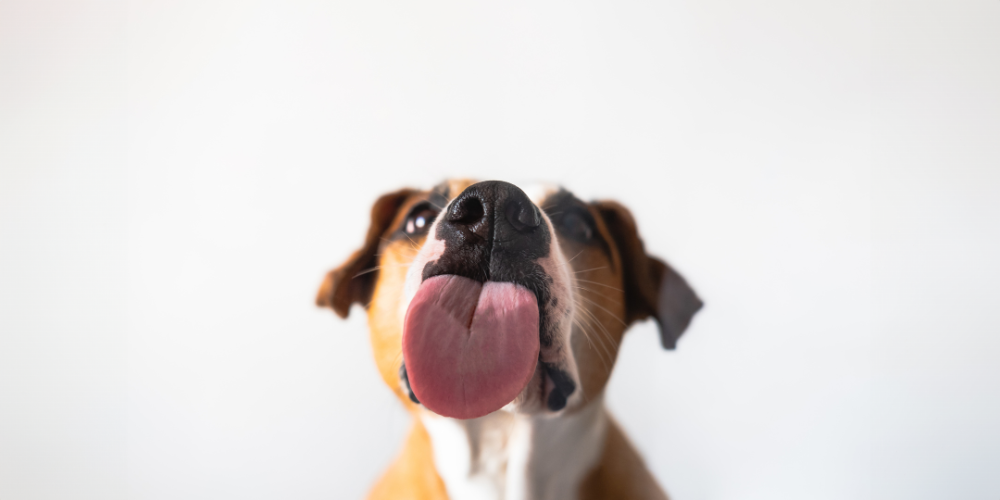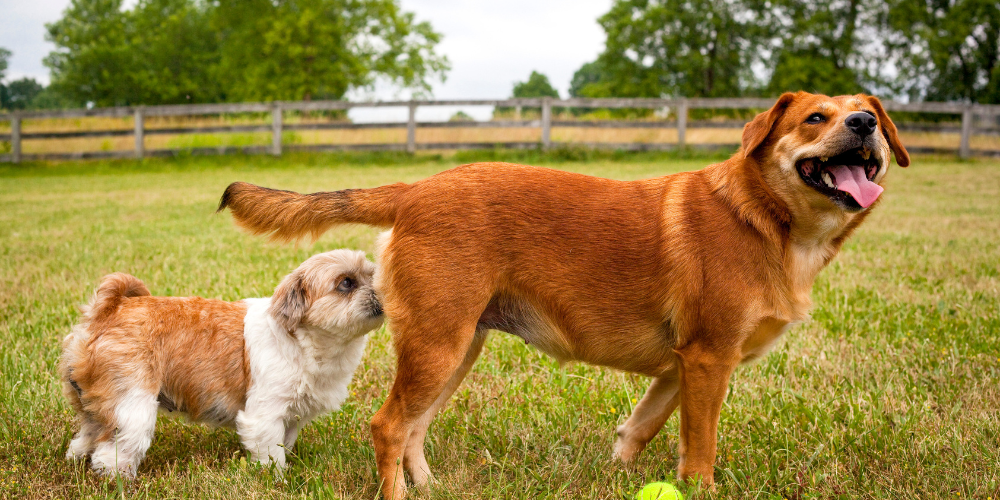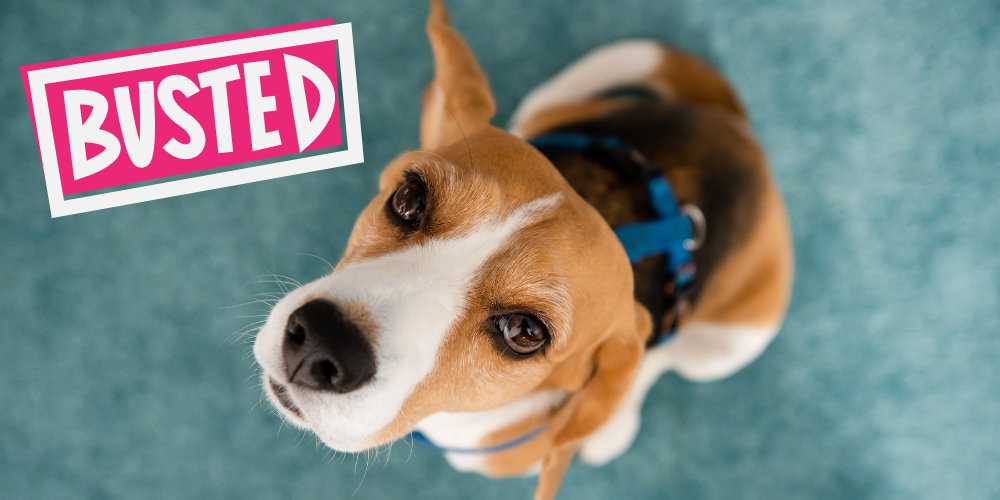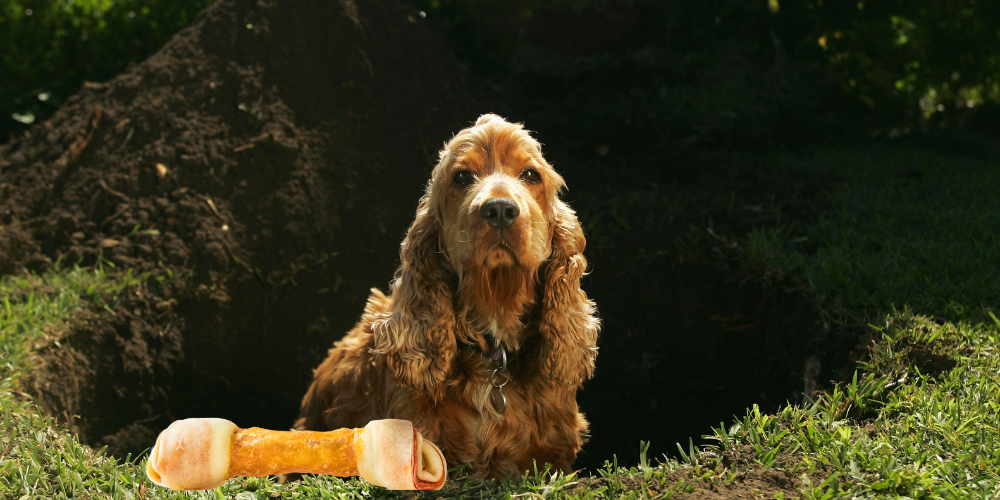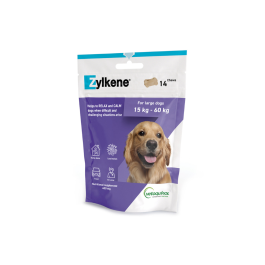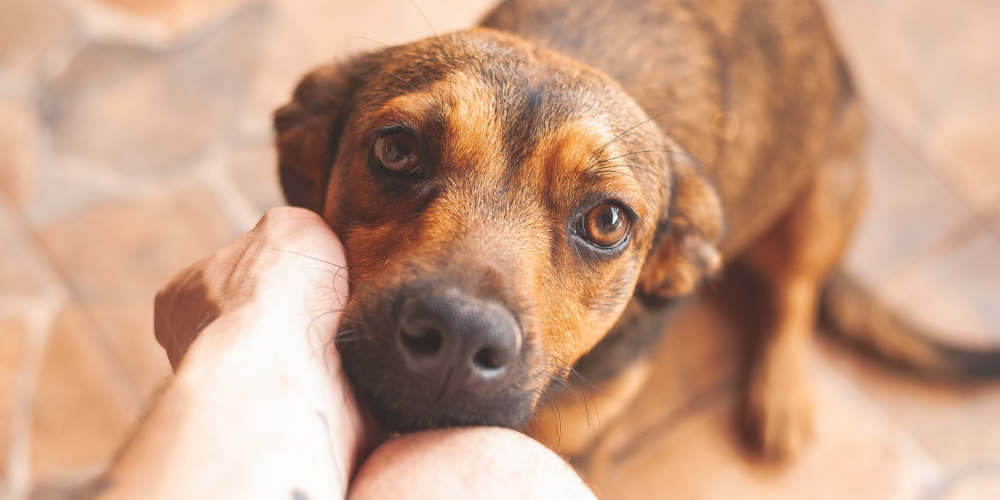
Ever had your dog greet your guests in a way that makes everyone blush? You're not alone. As much as we love our dogs, sometimes their behaviour can lead to some rather awkward moments, especially when they start sniffing around private areas. So, why do dogs do this, and how can you gently discourage the habit? In this article, we’ll explore the reasons behind your dog’s curious nose and share practical tips to help manage this behaviour.
Why Do Dogs Sniff Everything?
Dogs experience the world through their powerful sense of smell. With over 220 million scent receptors in their noses, compared to a human’s mere 5 million, dogs rely on sniffing to gather information about their environment. It’s their way of identifying objects, other animals, and people. Imagine walking into a room full of fascinating new scents—this is how your dog feels every day. Sniffing is their way of analysing their surroundings, learning about who or what has been there, and even sensing emotions.
Why Do Dogs Sniff Your Private Areas Specifically?
Your dog’s keen sense of smell doesn’t stop at the ground or the furniture—it extends to people as well. The reason dogs are particularly interested in sniffing private areas is due to the concentration of scent glands in those regions. These glands produce pheromones, which convey a lot of information to a dog. They’re essentially reading your body’s unique “scent story.” This behaviour is more common in dogs that are naturally curious or haven’t been properly socialised to understand boundaries.
How to Discourage Dogs from Sniffing Private Areas
If your dog has developed a habit of sniffing private areas, it’s important to address the behaviour without making a big deal out of it. Here’s how:
Redirect Their Attention: When you notice your dog heading in for a sniff, distract them with a fun toys, a treat, or a command they know, such as “sit” or “stay.” This will help them associate the presence of people with more appropriate behaviours.
Teach the “Leave It” Command: Training your dog to respond to “leave it” can be a game-changer. Use this command when they start to sniff inappropriately, and reward them when they stop and focus on something else.
Positive Reinforcement: Positive reinforcement is key in training. Always reward your dog with treats or praise when they exhibit the desired behaviour, as this will encourage them to repeat it.
How to Introduce Dogs to People Without Inappropriate Sniffing
Introducing your dog to new people can be nerve-wracking if you’re worried about inappropriate sniffing. Here are some tips to make it a smoother experience:
Start with a Calm Environment: When introducing your dog to someone new, ensure the environment is calm and free from distractions. This will help your dog focus on the introduction rather than engaging in unwanted sniffing.
Encourage Proper Greetings: Teach your dog to greet people by sitting politely instead of jumping or sniffing. Reward them with treats or praise for good behaviour.
Educate Your Guests: Let your guests know how to approach your dog. Encourage them to let the dog sniff their hand first, as this can satisfy your dog’s curiosity without leading to more intrusive sniffing.
When to See a Behaviourist About Sniffing Behaviour
If your dog’s sniffing habits become excessive or uncontrollable, it may be time to consult a professional. A certified dog behaviourist can help identify the underlying causes and develop a customised plan to address the behaviour. This is particularly important if the sniffing is accompanied by other behavioural issues, such as aggression or anxiety.
Summary
While it’s natural for dogs to sniff, particularly in areas with strong scents, it’s not always the most pleasant behaviour for humans. By understanding why dogs do it and employing some training techniques, you can help your dog learn to greet people in a more appropriate manner. Remember, patience, consistency, and positive reinforcement are key. If all else fails, seeking the advice of a professional behaviourist can make a world of difference.
By considering these tips and understanding your dog's natural instincts, you can better manage and discourage unwanted sniffing, making interactions between your dog and your guests more comfortable for everyone.
